BETHANECHOL - ORAL
PHONETIC PRONUNCIATION: (be-THAN-e-kol)
COMMON BRAND NAME(S): Urecholine
GENERIC NAME(S): bethanechol chloride
Uses
USES: This medication is used to treat certain bladder problems such as the inability to urinate or empty the bladder completely due to certain causes (e.g., surgery, bladder muscle problems). It works by helping the bladder muscle to squeeze better, thereby improving your ability to urinate.
How to use BETHANECHOL - ORAL
HOW TO USE: Take this medication by mouth on an empty stomach (1 hour before or 2 hours after meals), usually 3 to 4 times daily or as directed by your doctor. Taking this medication on an empty stomach will help reduce nausea/vomiting. Dosage is based on your medical condition and response to treatment. Use this medication regularly to get the most benefit from it. To help you remember, take it at the same times each day. Tell your doctor if your condition persists or worsens.
Side Effects
Precautions
Interactions
Overdose
Images
Reviews
Faq for BETHANECHOL - ORAL
Bethanechol is an oral medication used for the treatment of certain bladder conditions. It works by stimulating the muscles in the bladder to improve urine flow.
Bethanechol is primarily used to treat urinary retention and bladder dysfunction caused by various conditions such as neurogenic bladder or urinary retention after surgery.
Bethanechol should be taken exactly as prescribed by your doctor. Typically, it is taken multiple times a day, with or without food. Follow the instructions provided on the prescription label.
Yes, common side effects of Bethanechol may include stomach cramps, diarrhea, nausea, flushing, sweating, and increased salivation. Inform your doctor if these side effects persist or worsen.
The safety of Bethanechol in pregnant or breastfeeding women has not been established. Consult your doctor before taking this medication if you are pregnant or breastfeeding.
If you miss a dose, take it as soon as you remember. However, if it is close to the time for your next dose, skip the missed dose and resume your regular dosing schedule. Do not double the dose to catch up.
Yes, Bethanechol may interact with certain medications, such as anticholinergic drugs, cholinesterase inhibitors, and medications for treating Parkinson's disease. It is important to inform your doctor about all the medications you are taking.
If you suspect an overdose of Bethanechol, seek immediate medical attention or call the Poison Help line. Symptoms of overdose may include increased sweating, nausea, vomiting, diarrhea, and muscle weakness.
The onset of action for Bethanechol varies from person to person. Some individuals may experience improvement in symptoms within a few hours, while others may take several days or weeks to notice a significant difference.
Disclaimer
IMPORTANT: HOW TO USE THIS INFORMATION: This is a summary and does NOT have all possible information about this product. This information does not assure that this product is safe, effective, or appropriate for you. This information is not individual medical advice and does not substitute for the advice of your health care professional. Always ask your health care professional for complete information about this product and your specific health needs.
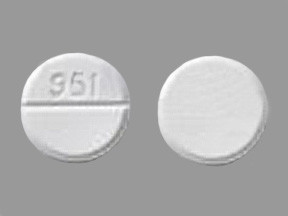
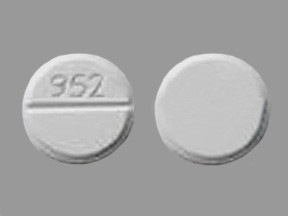
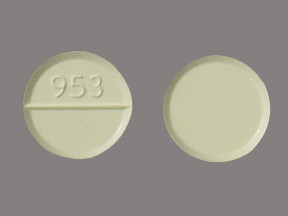
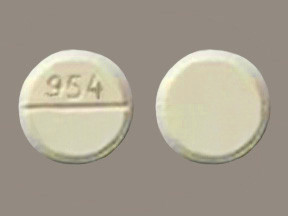
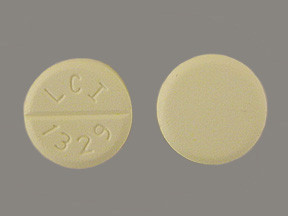
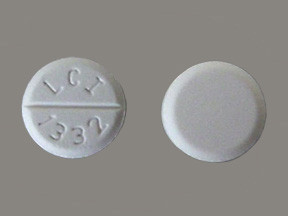
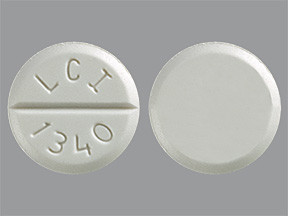
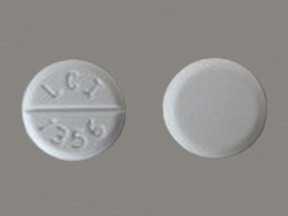
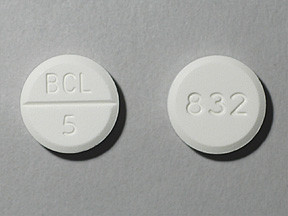
No Reviews Yet